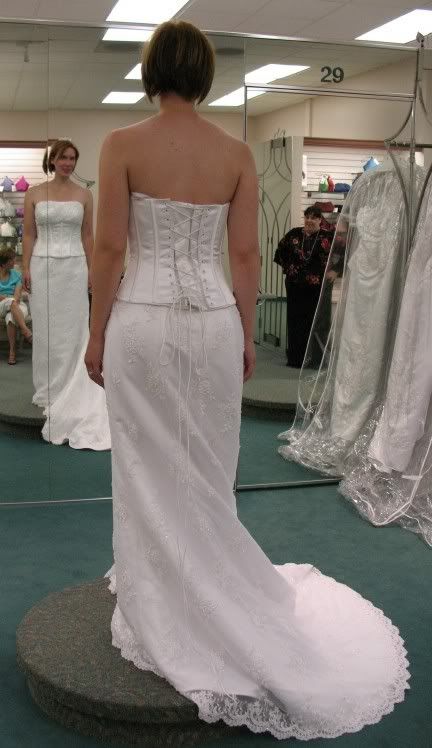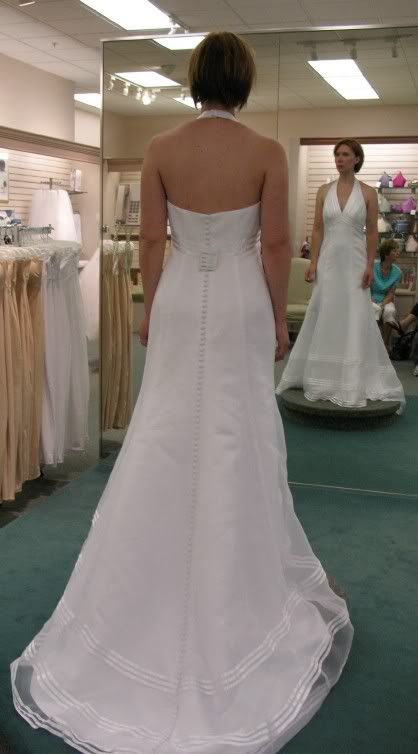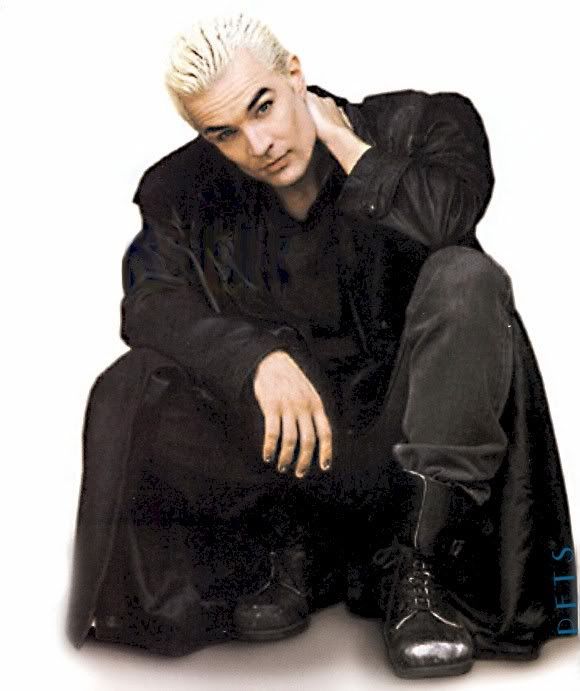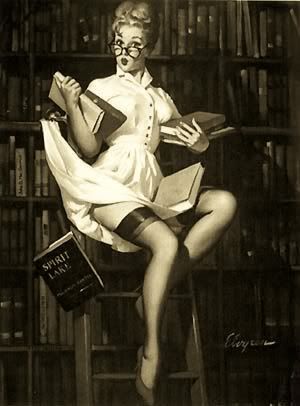
Currently, for my graduate class on the 18th-century novel, I'm slogging my way through Samuel Richardson's Clarissa. For those of you who have not had the pleasure of this pithy little 1,500 page monster, a brief summary: Boy meets girl. Girl's family tries to force her to marry a gross other guy. Boy tricks girl into running away with him to escape said family. Boy rapes girl. Girl dies. Fun times.
Despite its length and verbosity, the novel's actually much more entertaining than that dismissive description would suggest. The "Boy" himself, Lovelace, in particular, is a fascinating portrait of a clever, humorous, charming man with all his wits bent toward some rather unscrupulous ends.
As I'm reading, I find myself marveling at the way Lovelace conforms quite neatly to the image of your typical romance alpha hero. Commanding, brilliant, handsome, rich, titled: how is that not exactly the description of 6/8th of the heroes in historical romance? He feels certain he knows Clarissa's true desires better that she does. He plans to help her unlock the hedonism that surely lies in her seemingly virtuous soul (rape is sort of a last resort, if you will). He vows revenge on her family for attempting to keep them apart. Even contemporary romance makes use of the "lying to her for her own good" trope.
This is not meant as yet another excoriation of the anti-feminist backwardness of romance, by any means. I like a good alpha hero! Done well, they can be sympathetic, appealing, exciting, and sexy as hell. I even like Lovelace, when he's not crowing about how much sweeter the rake's victory feels when he wins it from an unwilling woman. (In this I'm not alone, as Richardson's 18th-century readers were so taken by Lovelace that they begged for him to be reformed by the love of Clarissa, and for the book to end in marriage rather than deaths--yeah, he dies too, in a duel).
I'm just wondering where we draw the line: in the books we read and in our own fiction. What separates the villain from the hero? I think I write pretty "good guy" heroes for the most part, maybe even beta men, and I often feel obligated to make them...a little meaner. As though, if they don't occasionally insult the heroine or go off and fight someone or get drunk, they're not "real" romance heroes.
Readers, please weigh on on where you stand. When does a hero become a villain? When can a villain become a hero? Where's your invisible line between redeemable and wretched?








